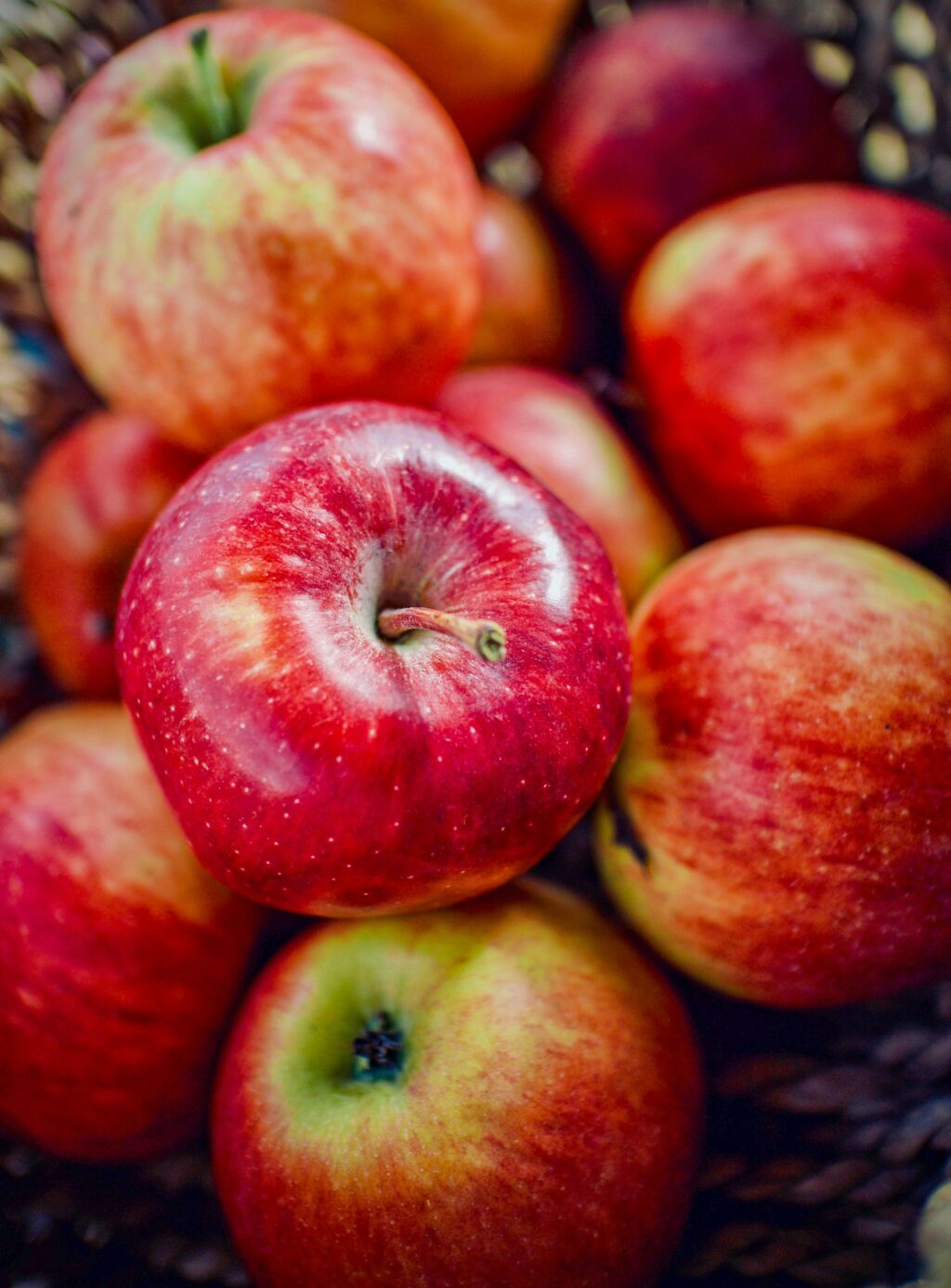Vida sana / Alimentación
The Case for Whole Fruit: Why Your Body Prefers Apples to Apple Juice
When it comes to getting your daily fruit servings, the form matters just as much as the quantity. While fruit juice might seem like a convenient way to consume fruit, eating whole fruit offers significant advantages for your health, weight management, and overall well-being.
The Fiber Factor
The most critical difference between whole fruit and juice lies in fiber content. When fruit is juiced, the beneficial fiber is stripped away, leaving behind concentrated sugar water with vitamins. A medium apple contains about 4 grams of fiber, while apple juice contains virtually none. This fiber serves multiple purposes: it slows sugar absorption, preventing rapid blood glucose spikes; feeds beneficial gut bacteria; promotes satiety, helping you feel full; and supports healthy digestion and regular bowel movements.
Blood Sugar and Metabolic Health
Whole fruit causes a gradual rise in blood sugar thanks to its fiber content and the physical structure of the fruit, which takes time to break down. In contrast, fruit juice delivers a concentrated dose of sugar that rapidly enters your bloodstream, similar to drinking soda. This spike can lead to energy crashes, increased hunger, and over time, may contribute to insulin resistance. For example, a cup of orange juice contains the sugar of 3-4 oranges but can be consumed in seconds, whereas eating multiple whole oranges would take considerably longer and likely leave you satisfied after just one or two.
Satiety and Weight Management
Whole fruits require chewing, which triggers satiety signals in your brain and naturally slows consumption. The fiber and water content create a feeling of fullness in your stomach. Meanwhile, liquid calories from juice don’t register the same way in our hunger-regulation systems. Studies consistently show that people don’t compensate for liquid calories by eating less food later, making juice consumption a contributor to excess calorie intake.
Nutrient Preservation
The juicing process can destroy some heat-sensitive vitamins and expose nutrients to oxidation. Whole fruits also contain beneficial compounds in their skin and pulp that are lost during juicing. The antioxidants, flavonoids, and phytonutrients in whole fruit work synergistically with the fiber for maximum health benefits.
The Bottom Line
While occasional fruit juice isn’t harmful for most people, making whole fruit your default choice supports better blood sugar control, weight management, and digestive health. Save juice for special occasions and reach for whole fruit; your body will appreciate the complete nutritional package that only whole fruit can provide.
Foto de Sardar Faizan en Unsplash

